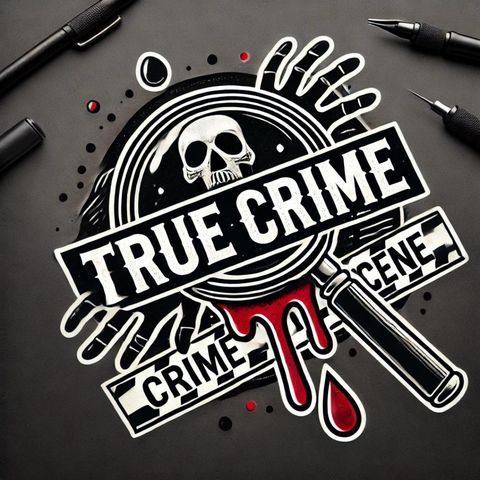The Murder of Rebecca Schaeffer

Scarica e ascolta ovunque
Scarica i tuoi episodi preferiti e goditi l'ascolto, ovunque tu sia! Iscriviti o accedi ora per ascoltare offline.
The Murder of Rebecca Schaeffer
Questa è una trascrizione generata automaticamente. Si prega di notare che non è garantita la completa accuratezza.
Descrizione
The Murder of Rebecca Schaeffer The murder of Rebecca Schaeffer, a young and promising actress, on July 18, 1989, shocked Hollywood and led to significant changes in stalking laws and...
mostra di piùThe murder of Rebecca Schaeffer, a young and promising actress, on July 18, 1989, shocked Hollywood and led to significant changes in stalking laws and the protection of celebrities and private individuals. Schaeffer was best known for her role in the sitcom "My Sister Sam." Her tragic death at the hands of a stalker brought national attention to the dangers of obsessive fan behavior and the need for stronger legal protections against stalking. Background Rebecca Schaeffer: Born on November 6, 1967, in Eugene, Oregon, Rebecca Lucile Schaeffer was an aspiring actress who moved to New York City to pursue a modeling and acting career. She gained fame with her role as Patti Russell on the CBS sitcom "My Sister Sam," which aired from 1986 to 1988. Rebecca was known for her beauty, talent, and bright future in Hollywood. The Murder Robert John Bardo: Schaeffer's murderer, Robert John Bardo, was a 19-year-old from Tucson, Arizona. Bardo had a history of mental illness and had become obsessed with Schaeffer after watching her on "My Sister Sam." He had previously stalked other actresses but fixated on Schaeffer, writing her numerous letters and attempting to meet her on several occasions. The Attack:
- Planning: Bardo hired a private investigator to obtain Schaeffer's home address from the California Department of Motor Vehicles (DMV), exploiting a loophole that allowed private citizens to access personal information.
- Day of the Murder: On July 18, 1989, Bardo traveled to Los Angeles and approached Schaeffer's apartment. After knocking on her door, he showed her a letter and autograph he had received from her. Schaeffer, unaware of his intentions, politely asked him to leave. Bardo returned an hour later, and when Schaeffer answered the door again, he shot her in the chest at point-blank range. Schaeffer died shortly afterward.
Informazioni
| Autore | Servizi Radio |
| Organizzazione | Servizi Radio |
| Sito | - |
| Tag |
Copyright 2024 - Spreaker Inc. an iHeartMedia Company

Commenti